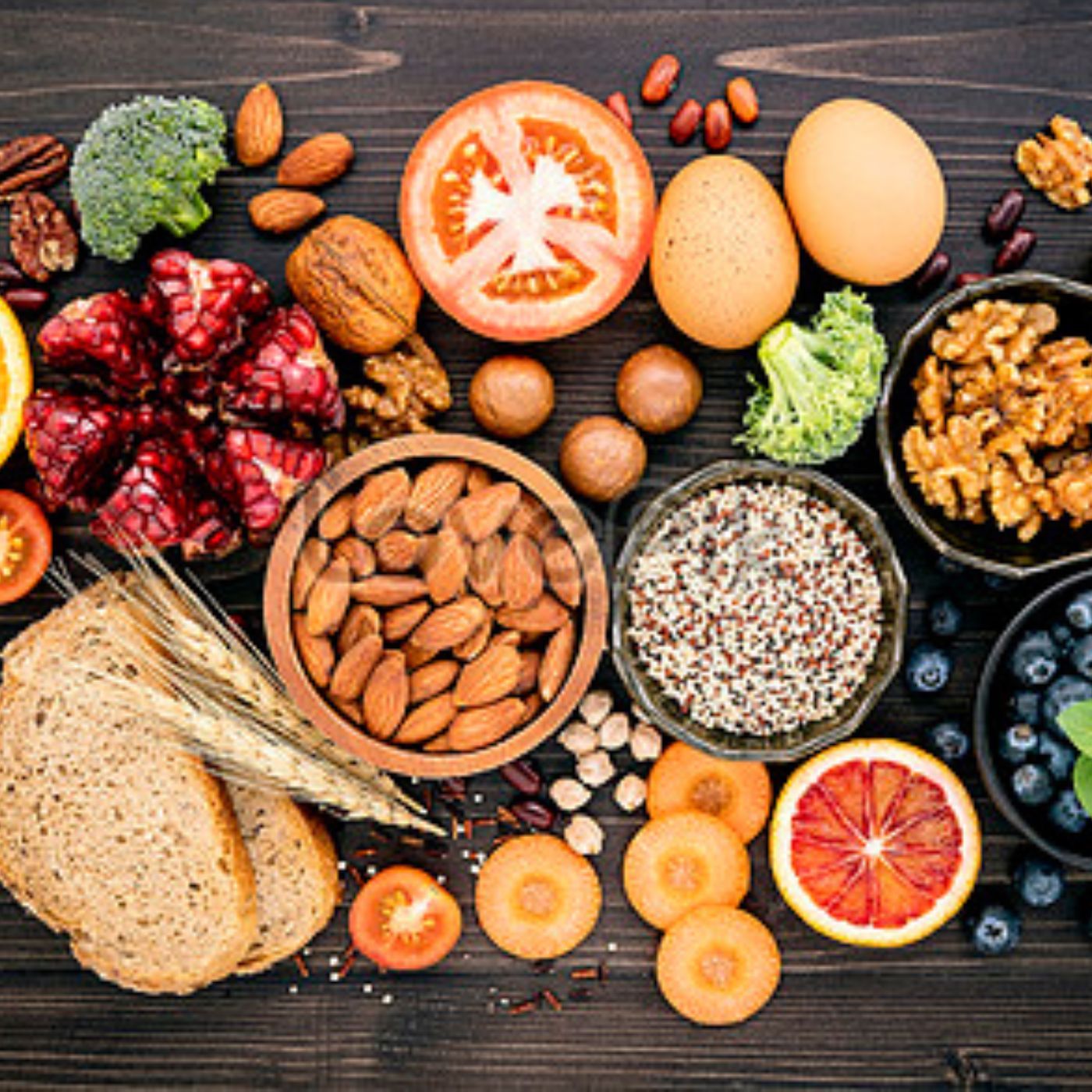Vital Vibes
Plant-based Protein The Best, the Worst, and Everything In Between

Explores the range of plant-based protein sources, highlighting their nutritional benefits and drawbacks. It covers top choices like lentils, chickpeas, and quinoa for their high protein content and versatility. It also addresses less optimal options that may lack complete protein profiles or have lower bioavailability. The guide offers insights on balancing various sources to ensure a well-rounded, protein-rich diet and tips for incorporating these proteins into your meals effectively.
- Duration:
- 4m
- Broadcast on:
- 11 Aug 2024
- Audio Format:
- mp3
You slept through your alarm, missed the train, and your breakfast sandwich. Ugh. Cool. Sounds like you could use some luck. I'm Victoria Cash, and Luckyland is where people go every day to get lucky. At Luckyland, you can play over 100 casino-style games for free for your chance to redeem some serious prizes. Go to Luckylandslots.com and get lucky today. No purchase necessary. We are in doubt by our creator with certain unalienable rights, life, liberty, and the pursuit of happiness. By honoring your sacred vocation of education, you impact your family, your friends, and your community. At Grand Canyon University, our online bachelors, masters, and doctoral education degree programs allow you to balance online coursework with observational and hands-on experience in the field. Welcome to Vital Vibes, the podcast where we dive into the latest trends in health and nutrition. I'm your host, Nick Kefart. Today, we're exploring the exciting world of plant-based proteins from the best of the worst and everything in between. As interest in plant-based diets continues to rise, we're here to break down the science, benefits, and potential pitfalls of making the switch. Plant-based proteins are more popular than ever. With many turning to these sources for their health and environmental benefits, according to a recent survey, about 12% of Americans now follow a plant-based diet, and 31% have increased their intake of plant-based foods, with so many options available. From black beans and tofu to quinoa and pea protein powder, it can be overwhelming to choose the best ones for your diet. Let's start by comparing some popular plant-based proteins. For instance, a half cup of black beans offers about 7.5 grams of protein and is also high in fiber. Tofu, particularly extra firm, packs around 10.6 grams of protein per serving and is low in carbs. On the other hand, vital wheat gluten, known as Satan, is an incredibly dense protein source with 21 grams per quarter cup, making it a popular choice for those looking to maximize their protein intake. But how do plant-based proteins stack up against animal proteins? Many worry about getting all essential amino acids from plant sources, however, recent studies show that as long as you maintain a balanced diet, you'll get all the amino acids you need without having to meticulously pair foods like rice and beans. The idea that plant-based proteins are incomplete has been substantially overstated. One nutrient to watch for in a plant-based diet is vitamin B12, which is crucial for brain function and red blood cell formation. This vitamin is predominantly found in animal products, so if you're vegan, consider taking a supplement to meet your needs. While plant-based proteins have significant health benefits, including eating and weight management and reducing the risk of type 2 diabetes, there are a few considerations. Some plant-based foods are highly processed, which can lead to higher sodium and fat content, similar to or even exceeding that found in animal products. Also, those with allergies to soy or nuts might face challenges with a plant-based diet, and those with digestive issues should be cautious of high-fiber foods. For environmental benefits, shifting towards plant-based proteins can make a substantial impact. Studies indicate that moving to a vegan diet can cut personal greenhouse gas emissions by up to 50 percent and drastically reduce water usage compared to meat-based diets. That's it for today's episode of Vital Vibes. I hope this overview helps you navigate the world of plant-based proteins and make informed choices for your health and the planet. Don't forget to subscribe to the podcast for more insights into nutrition and wellness. I'm Nick Kefort, and until next time, stay vibrant and keep those Vital Vibes going strong. For more information, visit www.beadaholique.com to purchase beading supplies and to get design plans! 18+ Terms and Conditions Apply, see website for details.